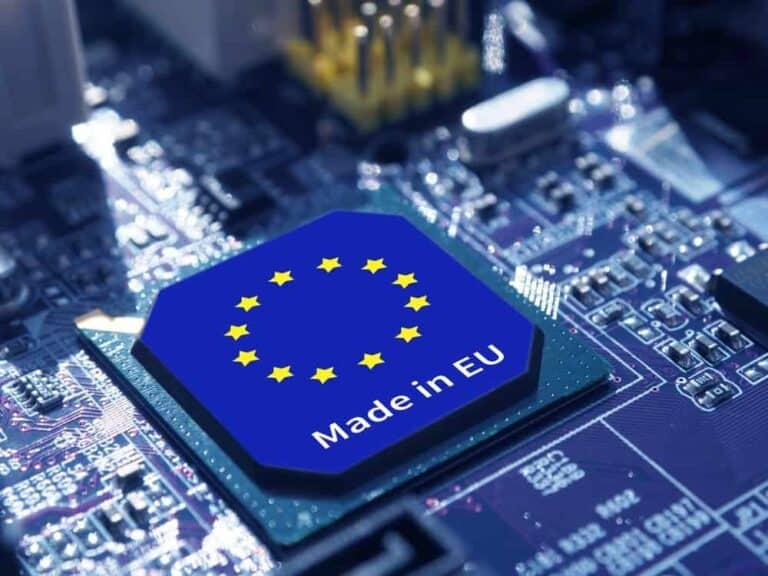Last week, bankruptcy eventually fell for Belgian chip factory BelGaN. According to the receivers, none of the five candidates had made a serious offer. One of the interested parties does not think this statement is justified and gives Techzine an in-depth look at the events.
Gerard de Bourbon of the Swedish investment fund Spirit Ventures is acting as spokesman for a Scandinavian consortium that would have liked to take over the Oudenaarde plant. According to de Bourbon, the interest is still there, but he is afraid the window of opportunity is gone.
The trustees declared final liquidation last Friday, with co-curator Ali Heerman saying, “We are pulling the plug.” Further negotiations are no longer possible, de Bourbon noted on Tuesday: “Our last contact was on Tuesday, we have continued to request about the specific positions costs and the new company valuations we have heard so much about from the management team. The trustees’ answer to this is a hard no.”
‘Too little information’
According to the trustees, the bankruptcy for BelGaN was finalized because all proposals were too low. According to the trustees, the liquidation value is 50 million euros; the Scandinavian consortium was willing to give 30 million euros. That’s more than half the estimated value for basically a blind acquisition, states de Bourbon.
He denounced a lack of communication and openness about the price point. “I have a lot of experience acquiring companies, even out of bankruptcy. In my entire career, I have never experienced a process that was so ‘unorthodox,’ and with so little communication.” He knows from previous experience the reasonable thing to do, would have been to bring the top two consortia for discussions, the process would have been over and no doubt to a positive outcome for the employees.
The Nordic consortium appears to have obtained all the key information through its contacts and research. Uncertainties about the equipment and workforce that would stay in the factory with a new owner made it impossible to bid the €50 million figure. A hard commitment is, however, made for 360 employees suggested by management, but the investors will not know what types of employees in key positions will remain. It is customary to receive all data, but the management team and trustees have refused the repeated requests, using GDPR as an excuse. This is, however, possible to state when it’s just a number without employee names, de Bourbon knows.
De Bourbon indicates that this was only one of the reasons for not raising the takeover bid to the 50 million euros the trustees would have liked to receive. “There is another factor on the offer amount we took into consideration, the current will of course drop significantly, and the customers are all Chinese, we felt it would be extremely hard to retain the client base, thus cash flow would be minimal.”
Lesson for Europe
For BelGaN, bankruptcy has now come for good. De Bourbon considers this a big loss and also the main reason for telling his side of the story. After all, within Europe, the number of chip factories is very limited; therefore, we cannot afford to lose another factory. “Covid has made us face the facts and made Europe realize that we need more factories on its own continent.” With the demise of BelGaN, the opposite of what European leaders envisioned is actually happening-we are not starting plants, we are actually closing one.
Belgium, in particular, is an interesting place for de Bourbon because there is a lot of expertise in the country with the Leuven-based research center imec. It is important to support such expertise and keep it in Europe. Most of BelGaN’s expertise is now lost to Asia because many staff members have already taken offers from non-European companies. “So Europe must learn from this story,” de Bourbon concludes.
Also read: European chip industry wants more EU action and harmonization of export controls
Lots of value in GaN
GaN or gallium nitride can be an interesting means of replacing the usually used silicon on a wafer. It is in high demand, especially in the production of electric cars, hardware for AI and solar panels. This is because the product is very suitable for high currents and makes chips more energy efficient. However, the market is still in its early stages, meaning the production process and further research require a lot of money. Infineon reported yesterday that it has made a breakthrough with GaN, after it succeeded in producing wafers from the substance on a large scale. According to Infineon, this allows 2.3 times as many chips to be made per wafer.
Tip! Will the automotive chip sector die if electric cars are not the future?
